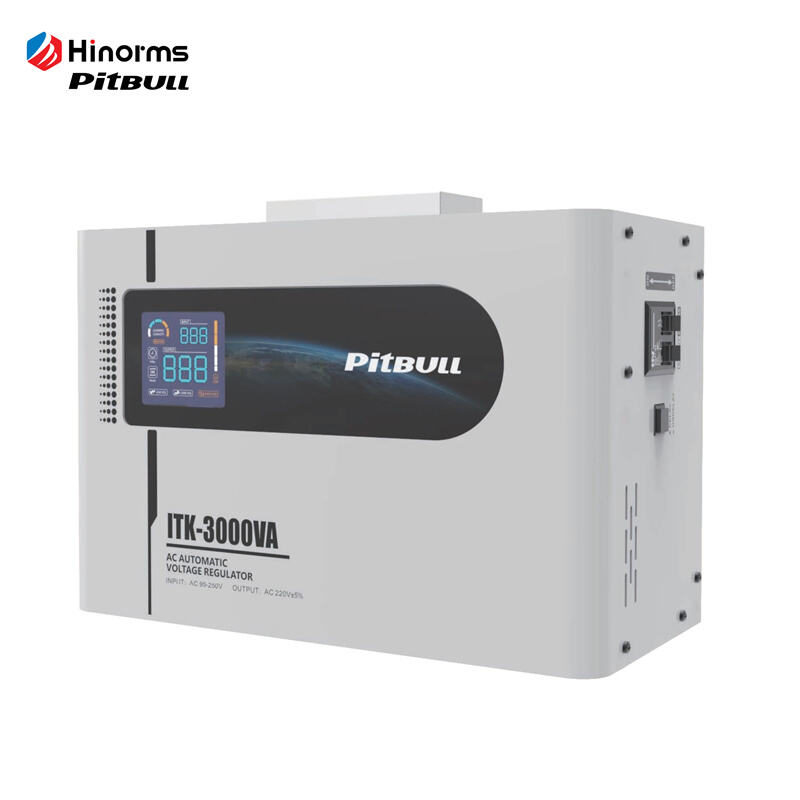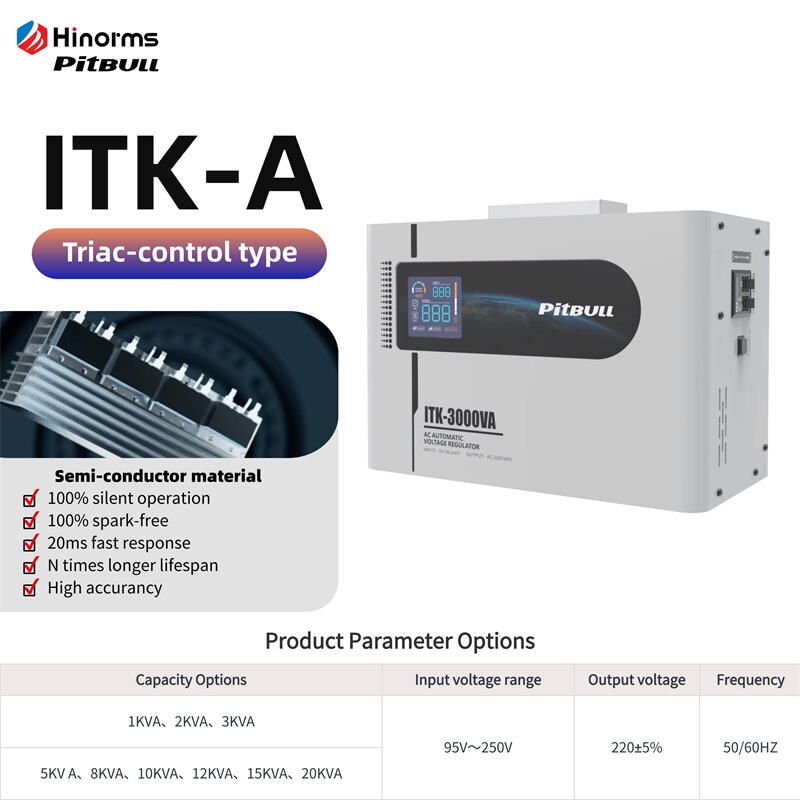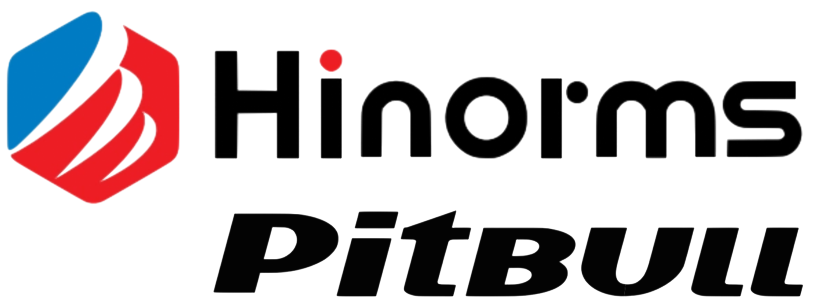Amid the competitive attractiveness of the modern-day industrial environ‚ managing energy consumption cannot simply be passed off as an environmental concern; it is one of critical financial focus. For buildings that use electricity, the key is accurate control of power if you want to realize significant efficiency gains. This is where the new power regulation technology comes into play. About Quzhou Sanyuan Huineng Electronic Co., Ltd. All About Power Control in your Fingertips - Our mission is to offer quality and robust solutions as the ITK SCR Regulator, for instance Technology that has been built to provide significant cost saving while reducing energy waste through consistent excellence & innovation.

Appreciating the SCR Regulator Core Technology
An SCR (Silicon Controlled Rectifier) Regulator is a sophisticated electronic device whose core function is to regulate the amount of power supplied to a load like an industrial heating element. Unlike a basic on-off switch that results in thermal stresses, with consequent energy wastes, the ITK SCR Regulator uses phase-angle control or zero-crossing firing methods. This makes it possible to finely adjust the voltage and current fed through the heater. Only the power necessary to keep the chamber at the desired temperature setpoint is supplied, resulting in remarkably stable performance. This specific control prevents the energy waste that comes from constantly cycling at full power, meaning that not only is the heating process more consistent, it’s also up to 40% faster. The ruggedized construction facilitates dependable operation even in harsh industrial environments.

What Direct Energy Savings Mean in Terms of Accuracy Control
With an ITK SCR Regulator, the main way energy is saved by reducing wasteful power consumption. Classic contactors or simple thermostats "go from zero to 100" they turn heating full on (like a light switch does) until set temperature is reached, then it turns off and will stay off while the heater cools down. This process is repeated on a regular basis, and therefore much waste of energy occurs during the rise from the predetermined set point temperature. The SCR Regulator adjusts power next gradually. Decreasing the power, it consumes as approaches its temperature setpoint, keeping at that level by using a pretty little energy. This approach greatly mitigates the instantaneous current requirements and heat loses of the system so that kilowatt-hours (kWh) usage is directly and noticeably reduced. Those savings add up quickly when there are processes that require heat over sustained periods of time and lead to a significantly smaller energy footprint.
The Financial and Operational benefits are too huge
Less energy usage simply means less operational expense. With the installation of an ITK SCR Regulator, buildings can anticipate a significant reduction in their monthly electrical costs. The difference can be significant, and it is a sound investment with a rapid ROI in terms of energy saving. In addition to reducing cost of operation, the soft control method that the SCR regulator provides extends the life cycle of heating elements. By removing the duplicate high-level current inrush at power-up it is possible to reduce thermal stress and physical fatigue on the elements, thereby extending the replacement interval and reducing cost. Additionally, better control of the heating of materials leads to higher quality products in manufacturing, which results in less product waste and increases overall throughput. The overall savings of lower energy and maintenance costs, plus increased process control, is a substantial financial benefit.
Conclusion
Smart power management offers long-term opportunities for increasing sustainability and profitability. This is the principle of ITK SCR Regulator from Quzhou Sanyuan Huineng Electronic Co., Ltd.; it is a technologically advanced solution for accurate electrical heating control. The overall impact is that by using energy only as and when required, in the most efficient manner possible, this controller becomes a valuable ally to industries looking forward to streamline operations, minimize environmental footprint and unlock substantial cost reductions across a long-time frame.
